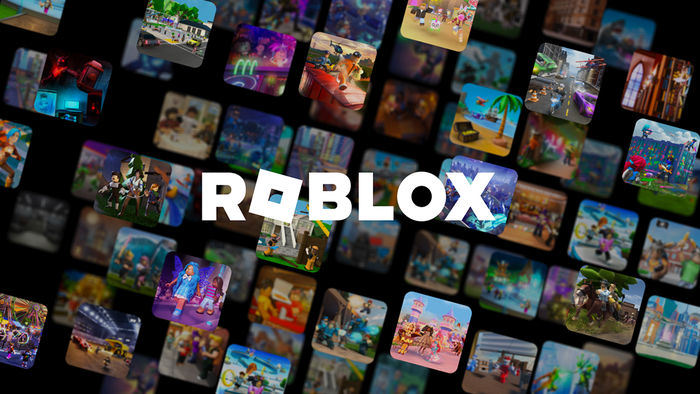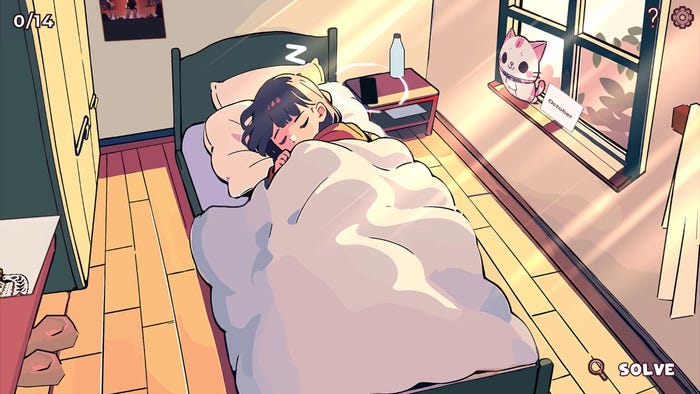What do Apple’s Top Grossing iPhone Apps of 2013 all have in common? Incredibly, not one was released in 2013!
A look back at 2013's top grossing mobile games on iOS, and a look ahead and what it takes to unseat them.

What do Apple’s Top Grossing iPhone Apps of 2013 all have in common? Incredibly, not one was released in 2013! In fact, Modern War and Kingdoms of Camelot weren’t even released in 2012. Both are over two years old. If you had told me back in 2011 that Funzio’s (now GREE) Modern War would be a Top 10 Grossing title heading into 2014, I wouldn’t have believed it. Clearly Top Grossing stagnation has set in.
What does this mean for developers heading into 2014?
1) Free-to-Play Is Here To Stay - This goes without saying, but I’m going say it anyway. Free-to-play is here to stay. In order to achieve revenue numbers on par with these apps, the ability to drive massive scale cost-effectively is paramount for success. With the notable exception of Minecraft, which has become a gaming phenomenon, no other paid titles has been able to compete over the long run with respect to the Top Grossing charts.
2) Releasing New Content and Features Is Key – The developers of every app on this list understand that releasing new content and features is imperative to building an engaged audience over the long haul. If you take a look at Modern War today, and compare it to the Modern War released in 2011, one could argue it’s a re-skin of its former self. Funzio’s team has learned from GREE Japan and implemented new engagement and monetization features, such as limited time events. Similarly, Clash of Clans has made sure its high-level players have new characters, character upgrades, and resources to unlock. In fact, you can see from the Clash of Clans wiki, Supercell has introduced a significant update to the app just about every month since its release.
3) The Rich Will Only Get Richer (and Smarter) – Besides the tremendous advantage these apps have with the liberty of being able to spend more on user acquisition, their teams also have the advantage of knowledge. There’s no better teacher than the market itself, and these top gaming companies have 12-24 months of market knowledge under their belts. Any successful free-to-play game can be compared to an assembly line, with multiple teams (user acquisition, analytics, servers, product managers, monetization, etc.) working in unison to deliver a finely tuned product. Each team, over time, becomes increasingly more sophisticated and learns from past mistakes. This F2P factory makes it harder for new, inexperienced entrants to compete.
4) Innovation Is A Must For New Entrants To Succeed – Unless you bring a distinct advantage to the mobile market, such as superior technology, well-known IP, or a massive fan base, you must innovate to have any chance of success. In other words, do something that no one has done before, or do it so much better that no one remembers that it had been done before. QuizUp is a recent example of innovating on a genre. Plain Vanilla took the trivia genre and turned it on its head. With a far superior user interface and design, not to mention quick, exciting PVP gameplay, QuizUp has become a viral success story.
There’s no doubt that the mobile market is as competitive as it’s ever been, and the winners of 2014 will likely be much the same as they were in 2013. However, there is still plenty of opportunity, as we’ve just begun to scratch the surface of what free-to-play can and does mean when it comes to mobile gaming. I look forward to seeing where the next new genre-busting app comes from. Here’s to a successful 2014!
Read more about:
BlogsAbout the Author(s)
You May Also Like









